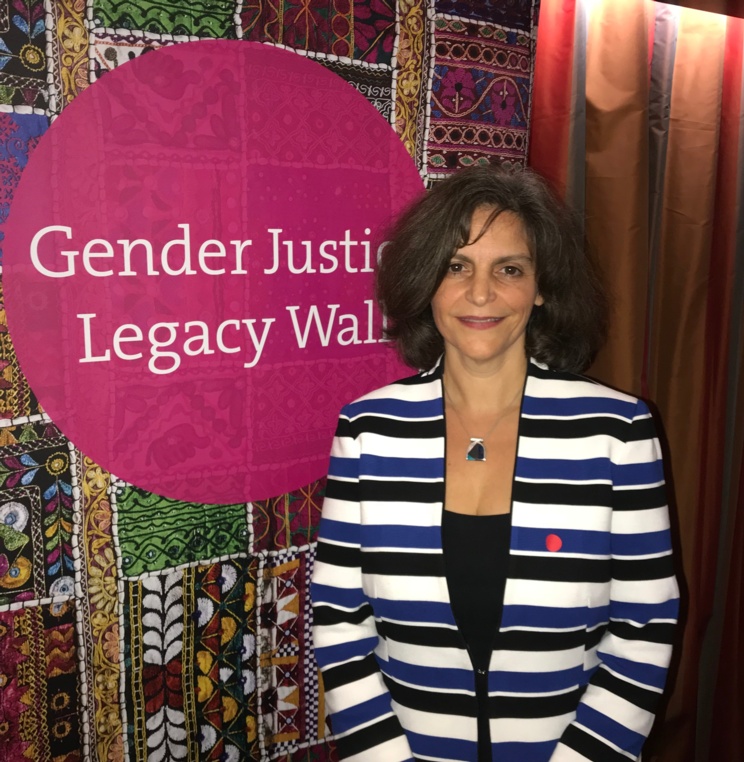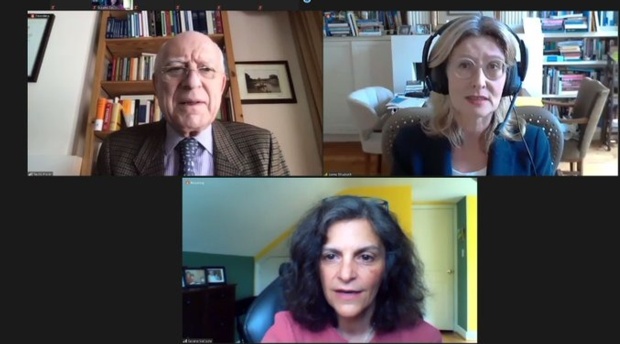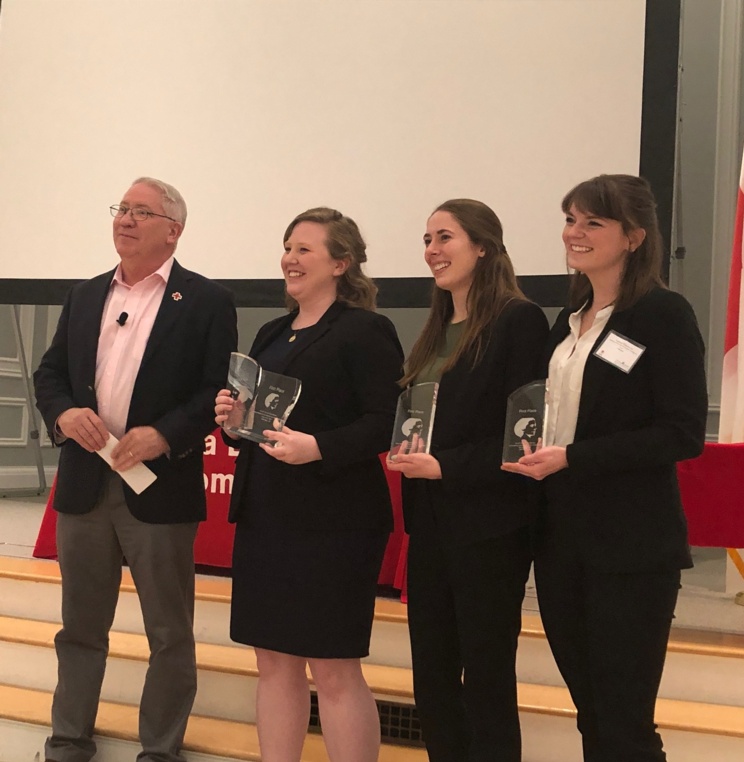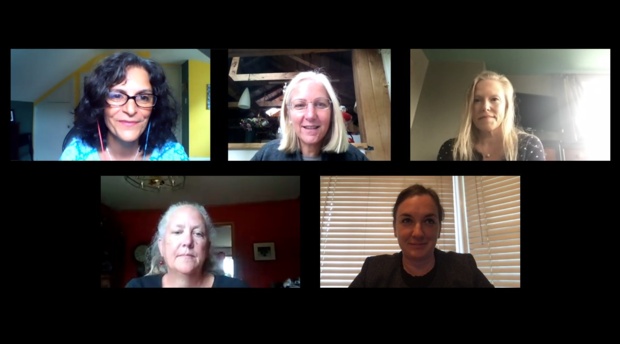War Crimes Research Office Continues Fight for Accountability for Human Rights Violations Amid Pandemic
Jan. 29, 2021
.jpg)
Twenty-five years ago, American University Washington College of Law established the War Crime Research Office (WCRO) as part of its commitment to human rights and humanitarian law, with a mandate to promote accountability for atrocity crimes. For over two decades, and through a global pandemic, the WCRO continues to serve as a critical resource for tribunals and other organizations dedicated to combating impunity for atrocity crimes across the globe.
The WCRO offers students “an unparalleled opportunity to engage in projects promoting accountability for such crimes, helping students build essential legal and advocacy skills, and establish connections critical to practicing in the fields of international criminal law and international justice,” said Susana SáCouto, WCRO director.
SáCouto, a professorial lecturer-in-residence at AUWCL who teaches courses on international criminal law (ICL) and the intersection of ICL and gender violence, spearheads the program along with Assistant Director Alysson Ford Ouoba, a former associate in the Human Rights Practice Group at Cohen Milstein with a background in international development.

Among other projects, the WCRO is currently working with:
- UN Women and a civil society group in Guatemala to memorialize the legal and political strategies used in the Sepur Zarco case, a groundbreaking prosecution that held perpetrators accountable for - and provided redress to indigenous victims of - sexual violence, sexual slavery and domestic slavery committed during Guatemala’s civil war;
- The Open Society Justice Initiative and local partners in Mexico on accountability for crimes against humanity and corruption taking place in the context of the fight against organized crime in Mexico;
- A UN-created investigative body on issues critical to its mandate; and
- The UN Office of the High Commissioner for Human Rights, AUWCL’s Academy on Human Rights and Humanitarian Law, and Leiden University’s Grotius Centre for International Legal Studies on engaging and supporting a network of practitioners dedicated to increasing access to justice for victims of conflict-related sexual and gender-based violence in Latin America.
Additionally, as part of its advocacy and training initiatives, the WCRO has collaborated with the Academy on Human Rights and Humanitarian Law and Women and the Law Program on the Gender and International Criminal Law Project. The Project provides the legal research tools, expertise, and training necessary to combat sexual and gender-based violence committed in periods of conflict, mass violence or repression.
The Hague Summer Program goes Virtual
The WCRO also engages in a number of educational initiatives, including a Practicum on International Criminal Law and Procedure, the War Crimes Speaker Series, conferences and workshops, research and publications, and the Hague Summer Program on International Criminal Law and Counterterrorism, which has gone virtual amid the global pandemic.

“Unlike many summer courses, the online Summer Law Program in The Hague is not just about the coursework,” SáCouto notes. Central to the program is the collaboration between the WCRO and the T.M.C. Asser Institute, one of the leading research institutions in international law in Europe.
“Together, we bring leading practitioners and experts in international criminal law and counterterrorism to the virtual classroom, allowing students not only to learn from them but also to talk with them about their career paths and professional journeys into these fields,” she said.
Students are also able to take virtual tours of the same international institutions they would visit during the in-person course, participate in several virtual cultural exchanges with Asser colleagues about living and working in The Hague, and partake in a networking panel with AUWCL alumni and other practitioners working in The Hague.
Fighting War Crimes During COVID

SáCouto said the pandemic has presented unique challenges to pushing for accountability.
“Not only have restrictions to contain the spread of COVID-19 enabled serious human rights abuses, but some governments and politicians have taken advantage of the pandemic to bolster their personal power, leading to increased authoritarianism and weakened accountability efforts,” she said.
Many jurisdictions have seen court proceedings come to a halt, including sexual and gender-based violence cases for which the WCRO has provided expert opinions and amicus curiae briefs, which can be view here, here, here, here, here and here.
“The WCRO has been working to ensure that these pandemic-related challenges do not derail the progress that has been made to date, and that advocates continue to have the tools and resources they need to bring long-awaited justice to victims,” SaCouto said – particularly in Latin America, which has emerged as an epicenter of the outbreak in recent months.
Upcoming Events

- Tuesday, Feb. 9 at 12 p.m.: “The U.S. Approach to International Justice in the Biden Administration,” featuring Todd Buchwald, former Special Coordinator, U.S. Department of State Office of Global Criminal Justice; Liz Evenson, Associate Director, International Justice Program, Human Rights Watch; James Goldston, Executive Director, Open Society Justice Initiative; and Erik Larson, Attorney. U.S. Department of State Bureau of International Narcotics and Law Enforcement Affairs. Click here to register.